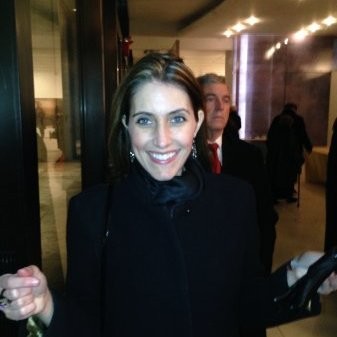Last August I wrote a piece on why nonprofits (used interchangeably here with NGOs) should publish sustainability reports, similar to those produced by most large corporations. I had just returned from my GRI certification course and was disappointed to learn that very few nonprofits embraced the standards. Despite the availability of NGO specific sector supplements to help guide the process and despite the increased public expectation for reporting and full disclosure, NGOs overall remain slow to the uptake.
There is reason to believe that the tide may be turning. Recently, Fulbright Academy joined an elite group of NGOs publishing sustainability reports, with GRI standards being the most widely used. Perhaps it is time to revisit some of the benefits for nonprofit sustainability reporting. I am open to discussion and look forward to hearing what other TriplePundit readers have to say on the subject.
Critics of the nonprofit field have long argued that there is a lack of transparency and accountability in the sector. Whether such claims are valid or not, could a sustainability report, outlining the group’s efforts to help people and planet, help to mitigate such arguments? If nonprofit program work has been criticized as being vague and the stewardship of funder dollars been called into question, could not this annual report help to defend against such arguments?
Further, the sustainability report could provide a more holistic view of the organization. If the purpose and mission of a particular organization is to protect and nurture the environment, that does not negate their responsibility to care for people, including their staff and those who might live and work in the areas where they implement their work. Conversely, community based organizations, such as those who care for the homeless or destitute, are not off the hook regarding matters of environmental stewardship. As it is with corporations, ecological sustainability is a responsibility for all organizations in all sectors, regardless of their stated mission. Feeding the homeless, while noble, does not give an organization a license to pollute, waste water or ignore steps for energy efficiency. As I decide where to send my donation in support of Japan’s earthquake victims, could I be swayed to choose one international relief organization over another because Group A lets me know, via its sustainability report, that is ecologically sensitive, while Group B is singularly focused? Group A would receive my check.
Further, would a sustainability report not help to attract more donors, especially those from private or corporate foundations? Grant-makers perform extensive due diligence on organizations before selecting partners. This could include an analysis of group financials, past performance records, reputation, budgets, leadership, site visits, third party evaluations (such as GuideStar) and so forth and so on. Could a sustainability report not also be a source of intelligence and competitive advantage for nonprofits vying for limited donor funds? One more selling tool, promoting the work and culture of the nonprofit?
NGO reporting is in its infancy and I am optimistic that we will see growth in the area. As said, I am open to discussion so let’s hear what you have to say. Would nonprofit organizations, as well as their stakeholders, benefit from regular sustainability reports?

Leslie is a Sustainable MBA student at Green Mountain College. Study interests include sustainability, social responsibility and the power of corporate and non-profit partnerships to bring about positive change. Other areas of interest include social media, fundraising and public policy. She holds a Certificate in Nonprofit Management and is certified in the Global Reporting initiative for Sustainability Reporting. Additionally, she holds an MA in Organizational Management and a BS in Leisure Management. On the rare occasions when she is not studying, she enjoys writing, reading, running, nature walks and yoga. She hopes to use her skills, talents and education to make a positive impact with an environmentally and socially conscious organization. Feel free to connect with her on LinkedIn.














